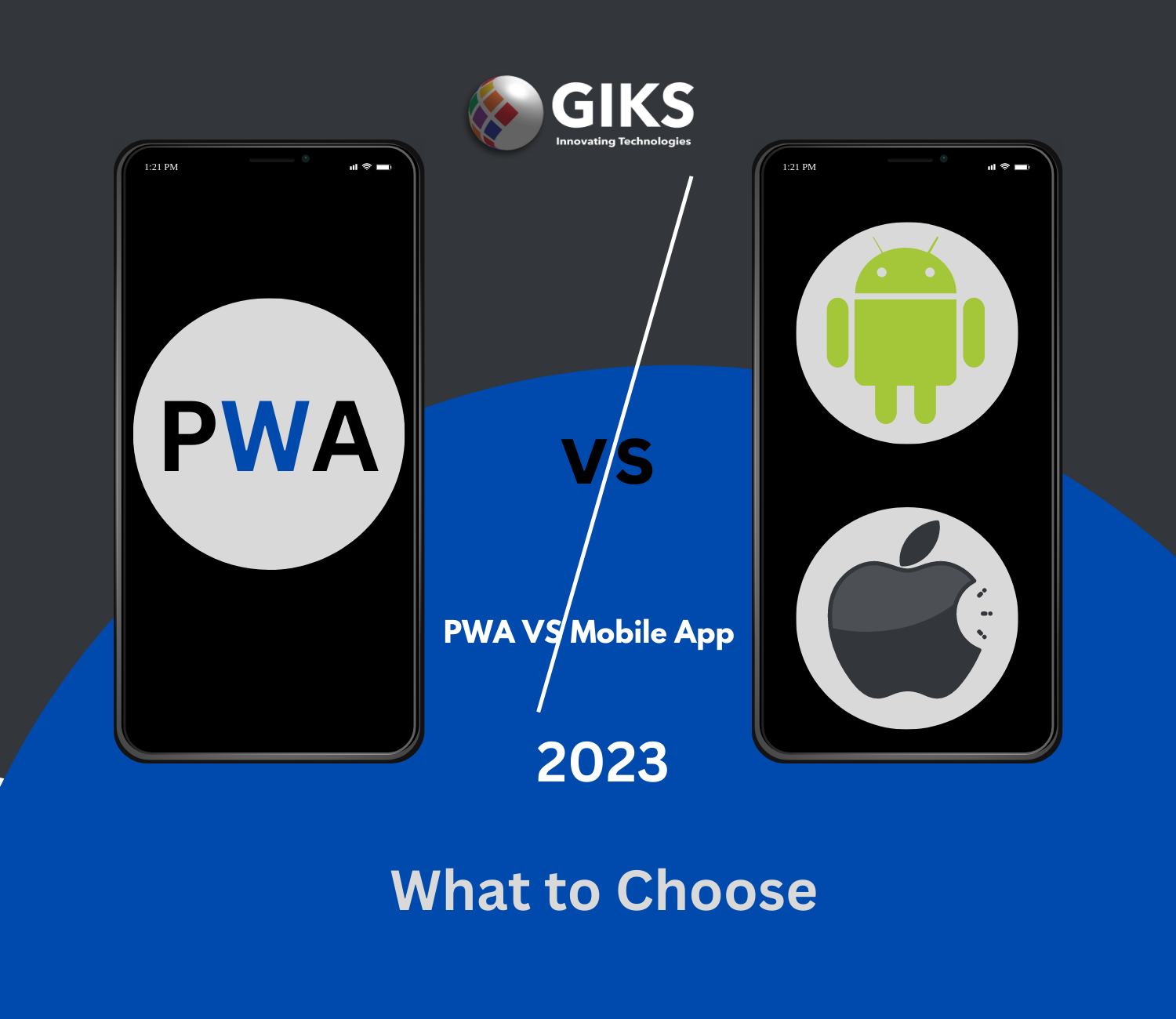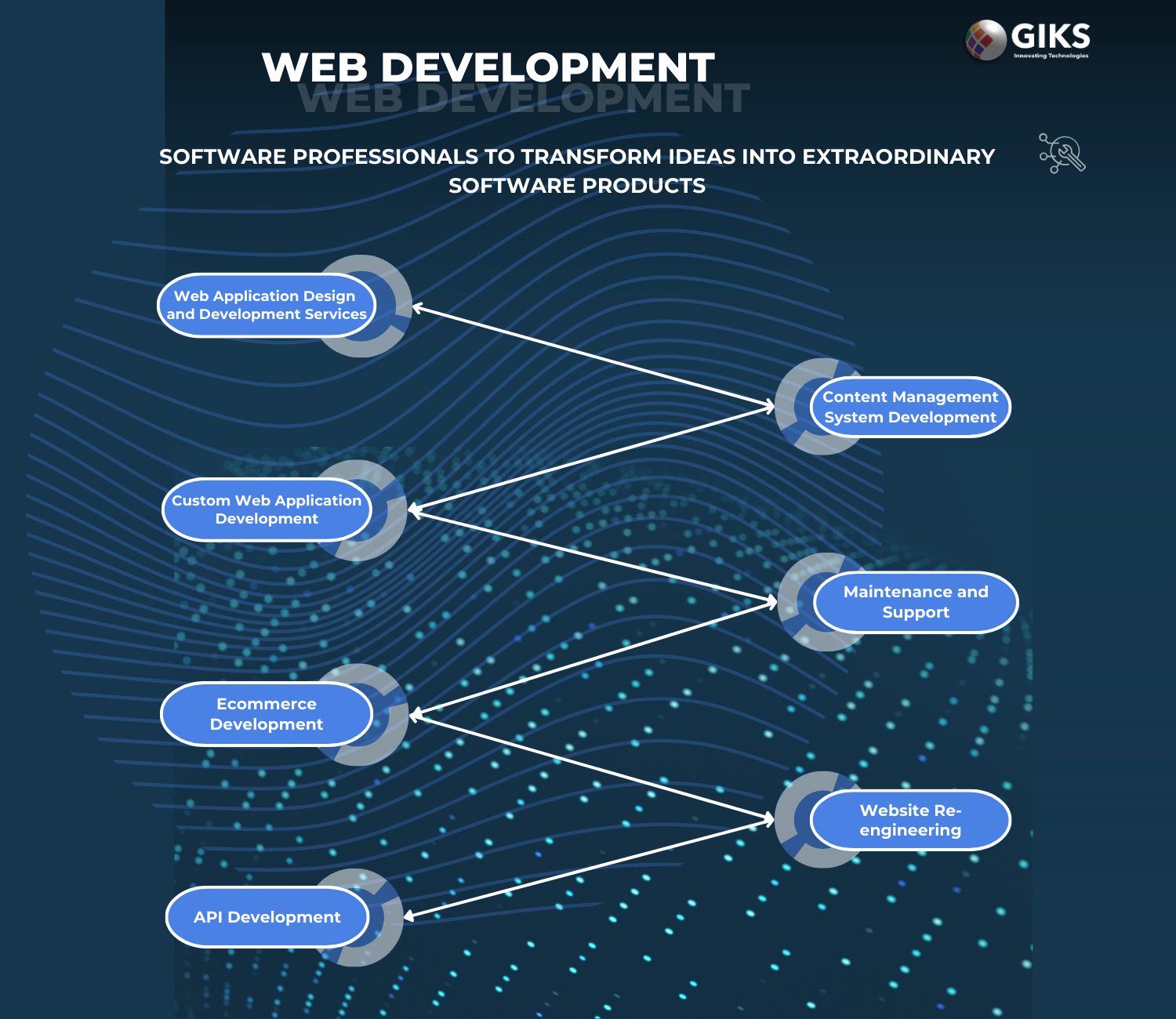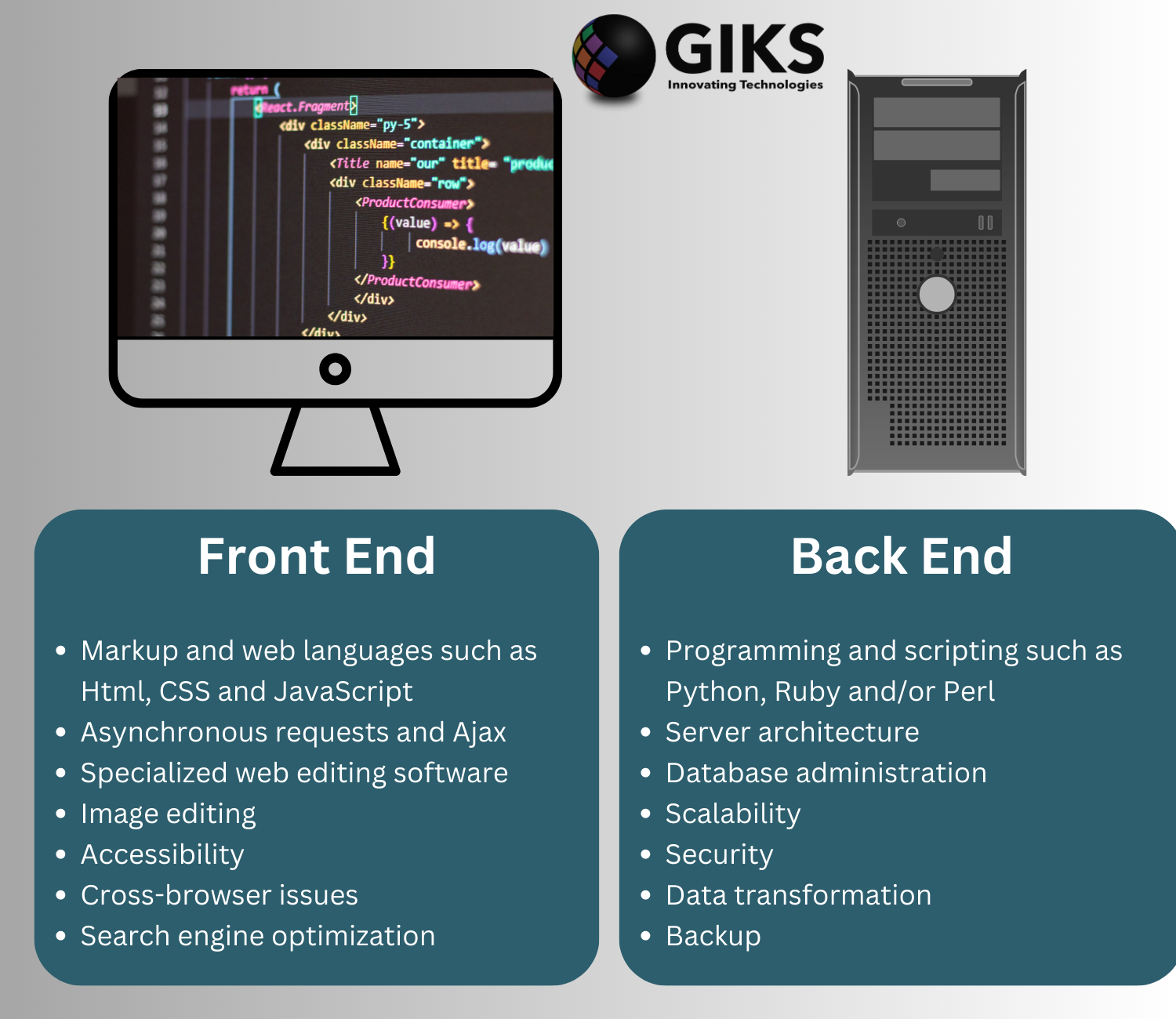Introduction:
In recent years, the world of education has undergone a significant transformation, with technology playing a central role in reshaping the way students learn. One of the most impactful technological advancements in education is the development and integration of web apps. These versatile tools have been instrumental in enhancing learning experiences for students and educators alike. In this blog, we will explore how web apps are revolutionizing education and making learning more engaging, accessible, and effective.

The Evolution of Learning
The traditional classroom model, where students gather in physical spaces for lectures and textbooks, is gradually giving way to a more dynamic and digitally-driven approach. The emergence of web apps has played a pivotal role in this evolution, offering several key advantages:
Accessibility for All
Web apps are accessible from a variety of devices, including laptops, tablets, and smartphones. This accessibility ensures that learning materials are available to students regardless of their location or the device they use, promoting inclusivity and flexibility.
Personalized Learning Paths
Web apps can be designed to offer personalized learning experiences. By analyzing user data and preferences, these apps can recommend specific content, adapt to individual learning styles, and provide customized assessments to meet the unique needs of each student.
Interactive and Engaging Content
Interactivity is a hallmark of web apps. They enable educators to create interactive lessons, quizzes, simulations, and multimedia content that engage students in ways that traditional textbooks cannot. Gamification elements, such as badges and leaderboards, can also make learning more enjoyable.
Collaboration and Communication
Web apps facilitate collaboration among students and between students and teachers. Features like discussion forums, real-time chat, and collaborative document editing tools enable seamless communication, teamwork, and knowledge sharing.
Real-time Assessment and Feedback
Web apps allow for instant assessment and feedback. Teachers can create quizzes and assignments that provide immediate results, helping students understand their strengths and weaknesses and make timely improvements.
Examples of Web Apps in Education
Several web apps have emerged as game-changers in the education sector:
Learning Management Systems (LMS)
LMS platforms like Moodle, Canvas, and Blackboard offer a comprehensive suite of tools for managing courses, delivering content, tracking progress, and facilitating communication.
Interactive Learning Platforms
Platforms like Khan Academy, Coursera, and edX offer a wide range of courses and resources, making quality education accessible to learners worldwide.
Collaboration Tools
Tools like Google Workspace for Education and Microsoft Teams facilitate collaboration, communication, and document sharing among students and educators.
Language Learning Apps
Apps like Duolingo and Rosetta Stone provide interactive language learning experiences, enabling users to acquire new languages at their own pace.
The Future of Education
As technology continues to advance, web apps will continue to evolve and play an increasingly integral role in education. Here are a few trends to watch:
Artificial Intelligence (AI)
AI-powered web apps will offer more advanced personalization, intelligent content recommendations, and automated grading, freeing up educators to focus on teaching.
Virtual Reality (VR) and Augmented Reality (AR)
VR and AR technologies will enable immersive learning experiences, allowing students to explore historical sites, conduct virtual experiments, and interact with 3D models.
Data Analytics
Enhanced data analytics will provide deeper insights into student performance, helping educators identify at-risk students and tailor interventions.
Conclusion:
In conclusion, web apps are revolutionizing education by making learning more accessible, engaging, and effective. As technology continues to advance, the potential for web apps to enhance the learning experience and prepare students for the challenges of the future is boundless. Embracing these tools in education is a step toward creating a more inclusive and innovative learning environment for all.




